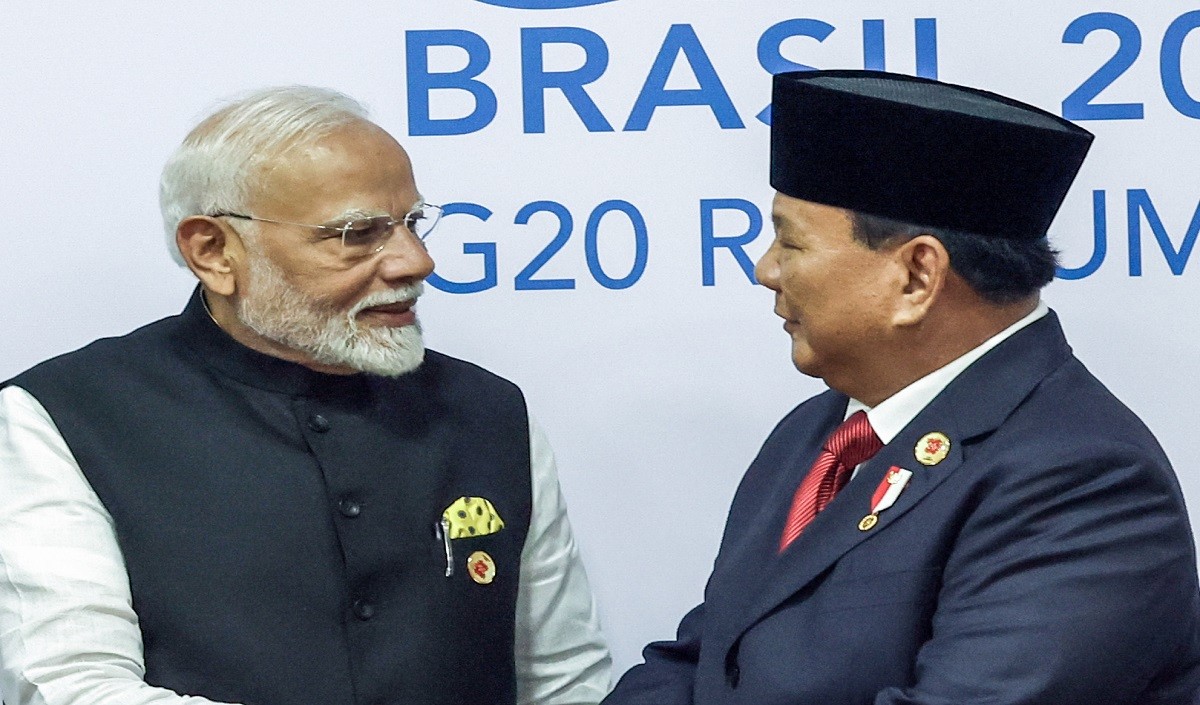Delhi High Court has recently given a historic judgment on an important case, making it clear that if a Hindu woman marries a Muslim man, it does not mean that she automatically converts. The decision came amid a long-running dispute that raised serious legal questions about property rights. A single bench of Justice Jasmeet Singh, while hearing the issue, said that a person cannot be considered a convert merely on the basis of marriage.
The decision came at a time when a petition regarding division of Hindu Undivided Family (HUF) properties was pending in the Delhi High Court. The case began in 2007, when a Hindu woman claimed rights in her father’s properties. The case came into limelight when the respondents claimed that the Hindu religion of the petitioner had been extinguished because she had married a Pakistani Muslim.
Claim to convert to Islam and legal status
The petitioner said that his religion is still Hindu, and he has not undergone any conversion process. This challenged the defendants’ claim that after marriage she could no longer be a Hindu, and hence could not inherit the property under the Hindu Succession (Amendment) Act. However, the defendants had no concrete evidence to prove this claim. They also claimed that the petitioner had converted to Islam, but the court said that they had no evidence to prove that he had formally converted.
The High Court observed that the ground of marriage cannot be sufficient to change the religion of a person. The court also made it clear that in this case the onus was on the respondents to prove that the petitioner had left Hinduism and converted to Islam. If this does not happen, he will get the right to the property under Hindu succession law.
Property Dispute: Battle of Hindu Succession and Rights
The roots of this case were in the division of properties of Hindu Undivided Family. The petitioner had claimed that he and his sisters were also equal shareholders in their father’s property. Under the Hindu Succession (Amendment) Act, which came into effect in 2005, daughters also have equal rights in ancestral properties. Despite this, the respondents, who were the sons of the petitioner’s father by his second wife, were attempting to sell the properties and were attempting to do so without the consent of the daughters.
This entire situation became a major legal dispute, and the court had to decide whether the petitioner could get his rights or not. Understanding the seriousness of the matter, the court rejected the claim of the defendants and decided to give the petitioner the right to his property. However, the court also said that if it is later proved that the petitioner has converted, it will affect the property rights.
Judgment and legal history of Delhi High Court
This decision not only brought relief to the parties involved in the case, but also sparked new debates across the country on legal issues related to conversion and property rights. The granting of property rights to daughters after the Hindu Succession (Amendment) Act was a major step forward, and in this case the court made it clear that a claim of conversion based on marriage cannot be accepted without solid evidence. This decision proved that the legal approach to individual rights of religion and marriage should be strict and clear.
What will happen next?
Now, after this decision, a new direction can be found in such matters. When a claim for conversion is made after a person has married, the courts may look into it more deeply. Particularly when it comes to property rights, strict rules may apply regarding the process of religious conversion and its evidence. With this, it is expected that there will be more transparency in cases of conversion in future.
Discussion on the issue of religious conversion in society
This decision has again highlighted the sensitive issues related to religious conversion and marriage in the society. While on one hand many questions arise regarding religious conversion, on the other hand the question also arises in families and society whether it is appropriate to deprive a person of his old rights even after religious conversion or not. This issue becomes very important especially in the Indian society, where the traditional family and society structures are changing.
This decision of the Delhi High Court is not only important from a legal point of view, but it also starts a new debate on marriage, religion and property rights in the society. The court made it clear that religious conversion cannot be claimed on the basis of marriage alone, and anything related to it will not be considered valid unless solid evidence is presented for the same. This decision will determine the way such cases will be investigated in the times to come, thereby ensuring greater transparency and justice in the society.





